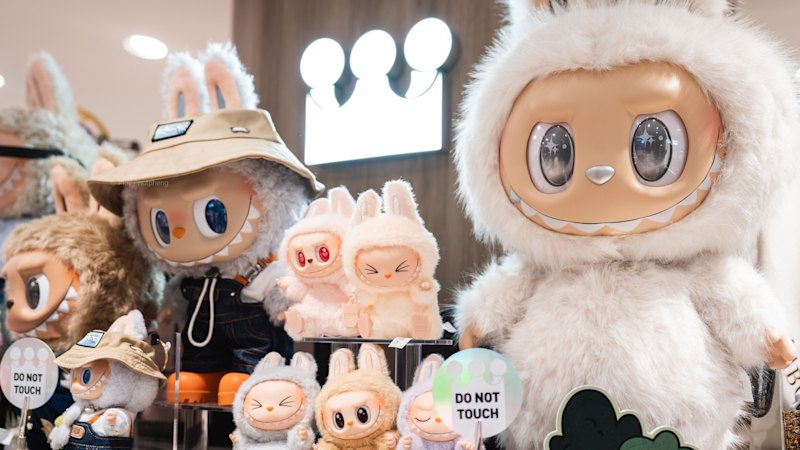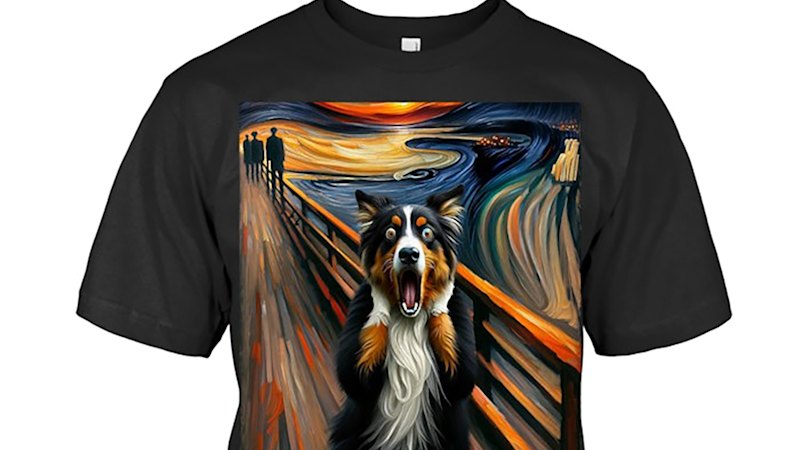
China’s Pop Mart International Group has captured significant investor interest with its hit product, Labubu, a plush toy that has become a fashion statement among A-listers like Blackpink’s Lisa and Rihanna. The company reported impressive first-half earnings in late August, with Chief Executive Wang Ning projecting sales of 30 billion yuan (approximately $6.5 billion) by 2025, marking a projected growth of 130 percent year-on-year. Despite a remarkable 179 percent increase in share value this year, concerns are emerging regarding the sustainability of this growth.
As Pop Mart’s popularity soared, Bernstein Research recently initiated coverage with an underperform rating, standing out among the 40 buy ratings noted in a Bloomberg poll. The stock has experienced a decline of 25 percent from its peak in August, raising questions about the company’s ability to diversify its product line and maintain consumer interest.
Challenges in Diversification and Market Demand
Central to the ongoing debate are two critical issues: whether Pop Mart can replicate the success of Labubu and the long-term viability of its intellectual property. In the first half of 2023, the Monsters series, which includes Labubu, accounted for 35 percent of the company’s total revenue, a significant increase from 14 percent the previous year. While Pop Mart has attempted to introduce new characters like Skullpanda and Crybaby, neither has achieved the same level of consumer engagement.
Interest in Labubu peaked briefly in July, even rivaling LEGO in Google searches, but has since declined. Although social media buzz does not directly correlate with sales, it can influence consumer behavior. For example, while search interest in Pokémon peaked in 2016, the company reported a staggering $11 billion in retail sales last year from video games and trading cards.
Lego, the leading toymaker globally, exemplifies resilience in maintaining sales, reporting a 13 percent increase to $5.4 billion in the first half of 2023. This growth aligns with a trend of attracting adult fans who have significantly contributed to the company’s success.
Consumer Sentiment and Limited Availability
Despite Pop Mart’s efforts to sustain interest in Labubu, the company’s approach to scarcity may backfire. Although Pop Mart has committed to increasing supply, Labubu remains frequently out of stock. Many collectors are facing frustration, as obtaining new releases often requires purchasing from resellers at inflated prices. The high costs associated with these resales have led to a growing sentiment among consumers about the risk of acquiring counterfeit items.
Limited editions, such as the recently released “Why So Serious” series, have excited fans but are often quickly sold out. Consumers are expressing concerns about the “IQ tax,” a term used in China to describe individuals who pay excessively for subpar products. In contrast, Lego’s strategy has focused on ensuring availability of its standard sets, appealing to a broad consumer base willing to invest in quality products.
While Pop Mart has successfully attracted adult collectors, including fashion enthusiasts and parents, the company’s current strategy of offering only limited editions may deter repeat purchases. Initially, the Monsters series created a captivating fantasy world, but that sense of wonder appears to be waning as availability issues continue.
Shuli Ren, a Bloomberg columnist with a background in investment banking, notes that Pop Mart risks becoming a victim of its own success. The company must navigate these challenges carefully to sustain its growth trajectory and maintain consumer loyalty in an increasingly competitive market.






